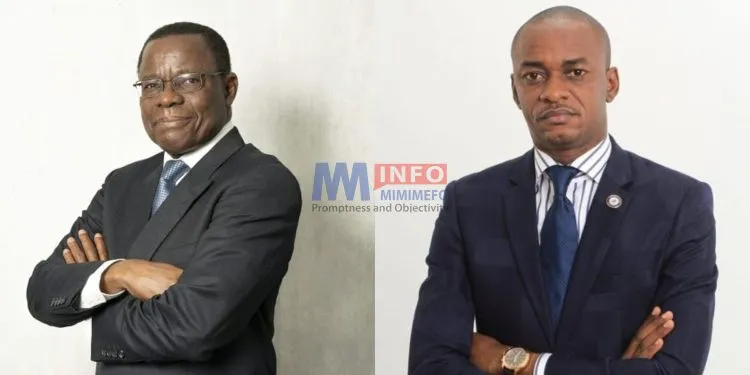Maurice Kamto and Cabral Libii frequently cite the Anglophone Crisis to justify their political decisions. However, it is unfortunate that, despite the conflict raging for over seven years, neither has visited the affected regions to support or wish the victims well.
The conflict in Cameroon’s Anglophone regions, which began as a strike by teachers and lawyers, escalated into a war of separation in 2017. Over 6,000 people have been killed, and more than a million have become refugees, both internally and externally, with extensive property destruction.
During the 2018 presidential election, when the conflict was at its peak, several opposition parties participated, including the Cameroon Renaissance Movement (CRM) and the Cameroon Party for National Reconciliation, which came in second and third, respectively. However, in the lead-up to the municipal and legislative elections in February 2020, the CRM, led by Maurice Kamto, boycotted the elections despite significant mobilization from its supporters. Kamto’s justification was that the Anglophone problem remained unsolved and electoral laws needed modification.
“Holding elections in Cameroon without having restored peace in the Northwest and Southwest regions… is sending a message that the people in these regions are not Cameroonians and, in so doing, enshrining the de facto partition of the country,” Kamto stated.
Despite making several proposals on resolving the conflict, Kamto has never visited the region to sympathise with the victims or even help internally displaced persons (IDPs) in Yaoundé and Douala. This raises questions about whether he is using the Anglophone crisis for political gains.
Similarly, Cabral Libii has consistently condemned the activities in the Northwest and Southwest but has not visited the regions since the crisis began to share the pain with those affected. In 2020, he urged the government to impose a state of emergency in these regions. In his latest book, “Community Federalism,” he advocates for the abolition of regions and a return to the federal system of government that existed between 1961 and 1972.
“The Anglophone crisis is a historic opportunity for us to repair this failed turn of 1961 when Cameroon resolved to reconstitute itself after it had been divided in 1922 following the First World War. To stop the war in the Northwest and Southwest, we must return to federalism. This will also make it possible to reconfigure the decentralisation plan that we want to put in place in Cameroon to, finally, release the energies of our different communities,” he stated in the book, referencing his discussion during the 2019 Major National Dialogue.
With the 2025 presidential election approaching, it remains to be seen what actions Kamto and Libii will take to demonstrate their concern for the Anglophone regions.



